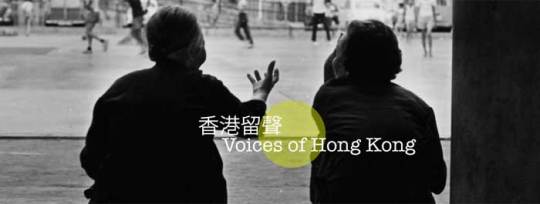{{browsingName}}
Result {{(paginationParam.pageSize
* paginationParam.currentPage) - (paginationParam.pageSize -
1)}}-{{paginationParam.total
>
(paginationParam.pageSize
* paginationParam.currentPage) ? (paginationParam.pageSize
* paginationParam.currentPage) :
paginationParam.total}} of {{paginationParam.total}}
View By
















